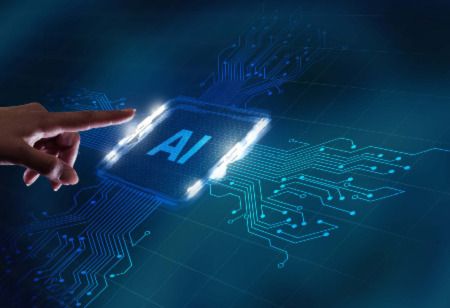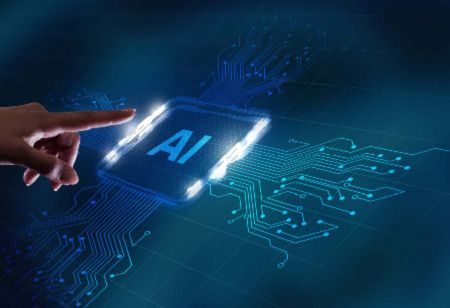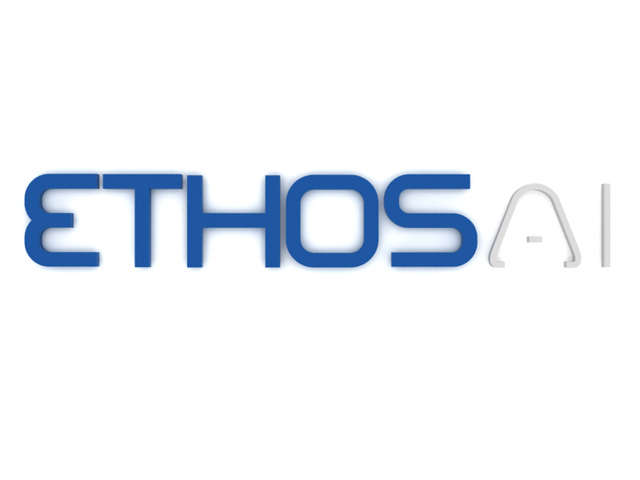 Custom SEO Strategy – Your Path to Page #1 Starts Here!
Custom SEO Strategy – Your Path to Page #1 Starts Here!
AI Audits: A Key Step Toward Safe and Ethical AI Use
Written by Yashika Sharma » Updated on: June 17th, 2025

Artificial Intelligence (AI) has become a transformative force across industries, revolutionizing how we work, interact, and solve complex problems. From enhancing business operations to driving scientific discoveries, the potential of AI is immense. However, as AI systems become more integrated into our daily lives, ensuring their ethical use and safety has become paramount. This is where AI audits come into play, serving as a critical mechanism for maintaining responsible AI practices. In this context, platforms like EthosAI are at the forefront of promoting ethical AI use through rigorous auditing processes.
Understanding AI Audits
AI audits are systematic evaluations designed to assess the functionality, fairness, and transparency of artificial intelligence systems. These audits examine how AI algorithms operate, the data they use, and their impact on users and society. The goal is to identify and address any potential risks, biases, or ethical concerns associated with AI technologies.
Key aspects of AI audits include:
1. Algorithmic Transparency: Ensuring that AI algorithms operate in a transparent manner. This involves understanding how decisions are made and the factors influencing these decisions.
2. Bias Detection and Mitigation: Identifying and addressing biases that may exist in AI models or the data they are trained on. Biases can lead to unfair treatment of individuals or groups.
3. Data Privacy and Security: Evaluating how AI systems handle data, including its collection, storage, and use. Ensuring that user data is protected and used responsibly is crucial.
4. Compliance with Regulations: Ensuring that AI systems comply with relevant legal and ethical standards, including data protection laws and industry-specific regulations.
The Role of EthosAI in AI Audits
EthosAI is an emerging platform that focuses on fostering responsible AI practices through comprehensive auditing. By leveraging advanced technologies and methodologies, EthosAI provides tools and services to help organizations evaluate and enhance the ethical aspects of their AI systems. The platform's approach includes:
1. Automated Auditing Tools: EthosAI offers automated tools that can scan AI systems for potential biases, transparency issues, and compliance gaps. These tools help streamline the auditing process and provide actionable insights.
2. Ethical Guidelines and Frameworks: The platform provides guidelines and frameworks based on industry best practices and ethical principles. This helps organizations align their AI practices with responsible AI standards.
3. Continuous Monitoring: EthosAI emphasizes the importance of ongoing monitoring to ensure that AI systems remain compliant and ethical throughout their lifecycle. Continuous audits help organizations adapt to evolving regulations and emerging risks.
Why Responsible AI Matters
Responsible AI is a fundamental concept that emphasizes the ethical and fair use of artificial intelligence. It encompasses principles such as:
1. Fairness: Ensuring that AI systems do not discriminate against individuals or groups based on race, gender, or other protected attributes.
2. Accountability: Holding organizations accountable for the outcomes and impacts of their AI systems. This includes addressing any negative consequences that may arise.
3. Transparency: Providing clear explanations of how AI systems operate and make decisions. Transparency fosters trust and helps users understand the technology's capabilities and limitations.
Adopting responsible AI practices is crucial for building trust and ensuring that AI technologies benefit society as a whole. AI audits play a significant role in this by providing a structured approach to evaluating and improving the ethical aspects of AI systems.
The Future of AI Audits and Responsible AI
As AI technologies continue to evolve, the need for robust auditing processes will only grow. Organizations must stay ahead of potential risks and challenges by incorporating AI audits into their AI governance strategies. Platforms like EthosAI will play a vital role in shaping the future of ethical AI by providing tools, frameworks, and insights that promote responsible AI practices.
Conclusion
In conclusion, AI audits are a key step toward ensuring the safe and ethical use of artificial intelligence. By leveraging platforms like EthosAI and embracing responsible AI principles, organizations can navigate the complexities of AI technology while upholding the highest standards of fairness, transparency, and accountability. As we move forward, integrating AI audits into our AI practices will be essential for fostering trust and maximizing the positive impact of AI on society.
Note: IndiBlogHub features both user-submitted and editorial content. We do not verify third-party contributions. Read our Disclaimer and Privacy Policyfor details.
Copyright © 2019-2025 IndiBlogHub.com. All rights reserved. Hosted on DigitalOcean for fast, reliable performance.













